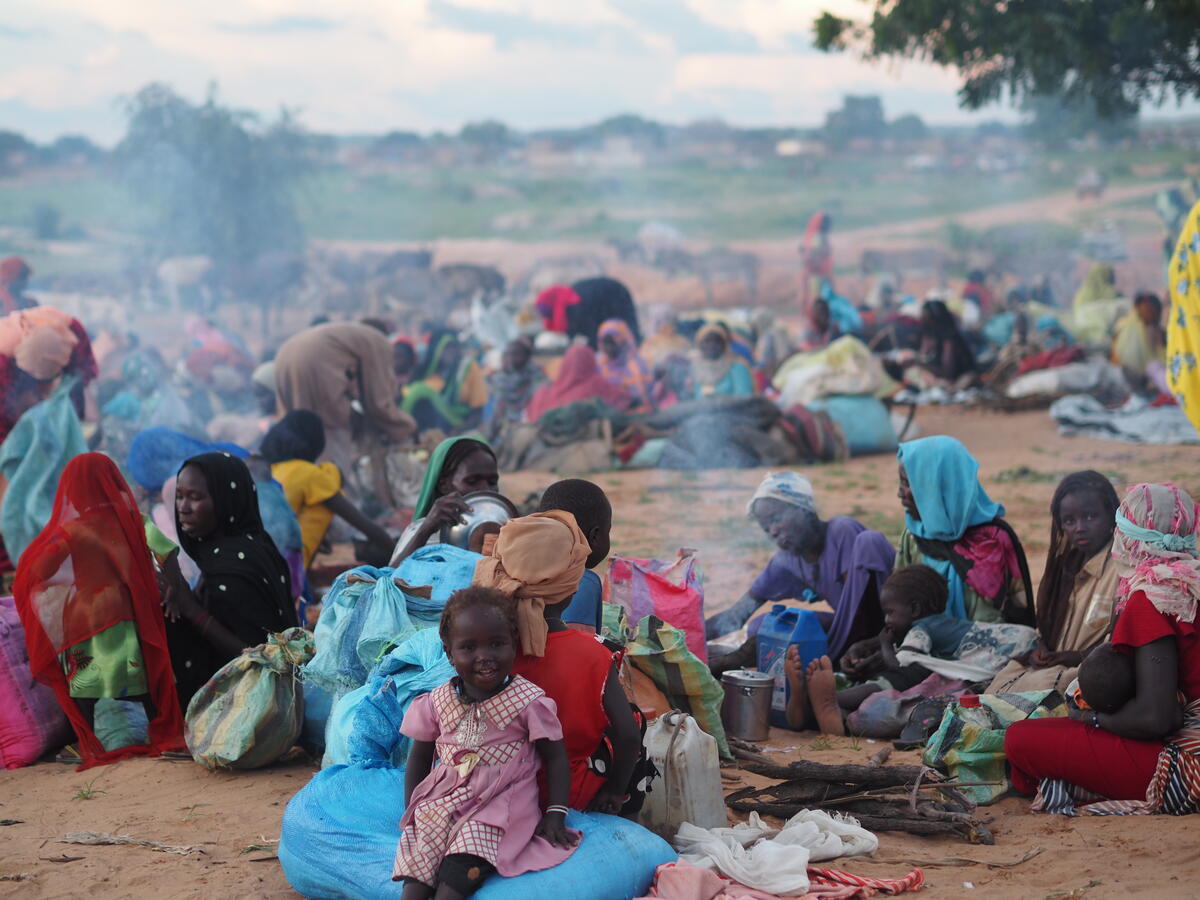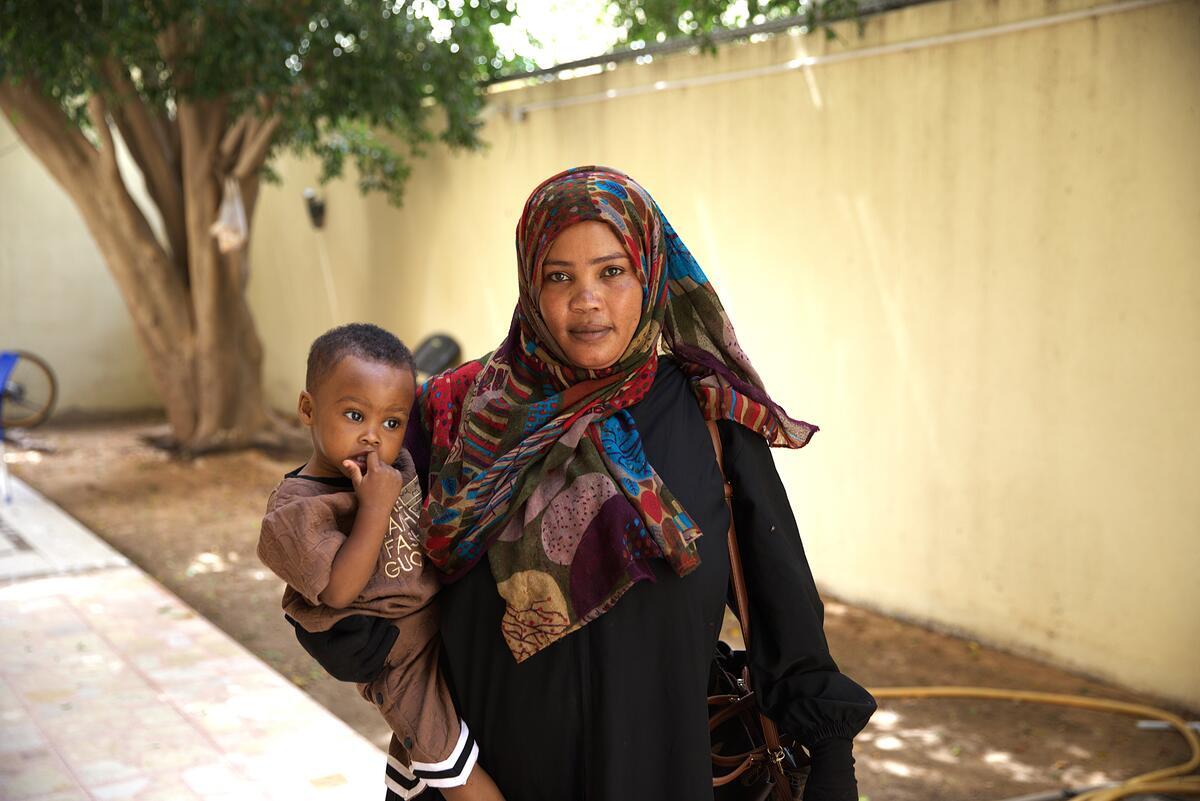UNHCR prepositioning aid for Darfur refugees in Tissi ahead of rains in eastern Chad
UNHCR prepositioning aid for Darfur refugees in Tissi ahead of rains in eastern Chad
UNHCR is prepositioning aid for tens of thousands of Darfur refugees in eastern Chad amid fears heavy rains will cut off access to the group. Almost 30,000 people recently fled communal violence in North and West Darfur, Sudan. The refugees are mainly women and children and they urgently need shelter, food, clean water and medical assistance. They say that they fled because people were killed during the violence and that many houses were torched by armed men.
A first wave of Sudanese refugees started arriving in Tissi in eastern Chad between January and March when clashes over goldmines in Jabel Amer, North Darfur, turned into ethnic violence (between the Ben Hissein and the Rizeigat.) A second group began arriving in early April due to tribal conflicts (opposing Misseriya and Salamat tribes) around the Um Dhukun area of West Darfur. In addition to the Darfur refugees, the violence also forced almost 20,000 Chadians to cross into Tissi, as well as 458 refugees from Central African Republic (CAR) who had been in Darfur for years.
Tissi is in a remote and volatile Chadian border area straddling troubled parts of northern CAR and Darfur. Roads to the area become impassable during the rainy season lasting from May to November and the first rains have already started. The region has little infrastructure and new arrivals' presence is a strain on the local communities.
To date, UNHCR has registered 28,278 Sudanese refugees in the Tissi area. They are settled across 16 sites within a 100 km radius. Most are herders moving frequently in search of pasture land and water for their livestock and this makes it extremely challenging to register and assist them.
To ensure UNHCR is able to offer protection and assistance to the refugees until the next dry season, we have prepositioned enough aid in the area to cover the needs of 3,000 refugee families. Aid distribution will start on the weekend. Additional supplies are due to arrive from our regional stockpile in Douala, Cameroon, to cover the needs of another 4,000 families.
Due to the rains, we are in a race against time. Road transport between Doula and Tissi takes 20 days - to speed up the delivery of aid- UNHCR plans to hire a helicopter.
After the rains, UNHCR plans to relocate refugees to safety further inland once available water sources are located in sites given to UNHCR by the government. In the meantime, we are working with our partners on rehabilitating some existing water pumps while we drill boreholes. Refugees currently drink from a river, and so put themselves at risk of contracting waterborne diseases.
Meanwhile, we have managed to relocate about 1,500 refugees to Goz Amir a camp located around 250 kilometres north of Tissi. We provided the relocated refugees with shelter, food and household items. We halted the transfers due to heavy rains. An average of 300 refugees a day continues to cross into Tissi as communal tensions persit in Darfur. The new arrivals say that many more are on their way to Chad but that armed groups are preventing them from crossing.
Before the latest influx, there were some 300,000 Darfur refugees in Chad.
For further information on this topic, please contact:
- In Geneva, Fatoumata Lejeune-Kaba on mobile +41 79 249 34 83









